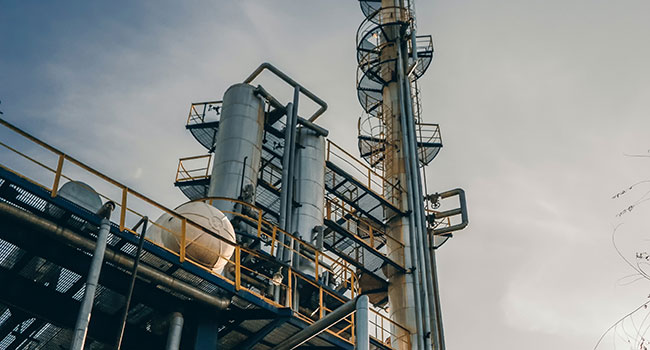 With the crude oil landscape changing rapidly, the refining industry is faced with major adjustments.
With the crude oil landscape changing rapidly, the refining industry is faced with major adjustments.
Several oil refiners have announced permanent closures in the United States and Asia, while some high-cost refineries in Europe could also be shut down over the next few years.
Margins for processing crude into fuels are expected to remain depressed, Tsvetana Paraskova said in a piece for oilprice.com.
Closures and consolidation will be the two major themes in the downstream oil industry going forward, analysts underline. Phillips 66 has just announced plans to shut down the Rodeo Carbon Plant and Santa Maria refining facility in Arroyo Grande, Calif., in 2023. Phillips 66 also plans to reconfigure its San Francisco Refinery in Rodeo, Calif., to produce renewable fuels.
Marathon Petroleum is reportedly idling the Gallup and Martinez refineries indefinitely and is evaluating the strategic repositioning of Martinez to a renewable diesel facility.
Shell is planning to transform its Tabangao oil refinery in the Philippines into a full import terminal to optimize its asset portfolio.
According to energy consultancy Wood Mackenzie, nearly 10 per cent of high-cost refineries in Europe – representing 1.4 million barrels per day (bpd) of capacity – are under serious threat of closure over the next three years. Alan Gelder, head of downstream oil, and Gerrit Venter of corporate analysis told the press last month that the industry is reacting to demand patterns.
The International Energy Agency has recently revised down its gasoline and jet fuel demand forecast for the rest of the year.
For the refining sector, the petrochemical industry was their next best bet. Hardly a few years ago, refinery and petrochemical integration was being discussed as the way out of the slowing global crude consumption. Refining was expected to play a lead role in this portfolio transition. With demand for crude oil as fuel predicted to decline under pressure from electric vehicles and other alternative fuels, petrochemicals were expected to become, at some point, the main profit-maker for refiners.
With the COVID-19 crisis shocking every major industry, analysts now question the economics and the long-term rationale of big oil’s ‘safety bet’ on petrochemicals, especially in view of the energy transition and continued drive toward reduced use of plastics in developed economies.
Not, anymore.
Kathy Hipple of the Institute for Energy Economics and Financial Analysis, while talking to CNBC, termed petrochemicals “the last frontier for the oil and gas industry.” Yet petrochemicals were “a poor bet” from the beginning, even before the COVID-19 crisis, underlined Hipple.
The pandemic has caused some major producers to pause and defer investments in the petrochemical sector. Chevron Phillips Chemical Co. (CPChem) – a joint venture between Chevron and Phillips 66 – has postponed the final investment decision for its U.S. Gulf Coast project, it was announced at the end of July.
BP has also announced it is divesting itself of its global petrochemicals business to U.K.’s Ineos for US$5 billion. It’s part of the next strategic step in BP’s metamorphosis from an oil and gas company to an energy company that could compete in the energy transition.
Saudi Aramco remains an exception. It continues to eye chemicals and petrochemicals as key focus areas of development, as it aims to become “the world’s preeminent integrated energy and chemicals company.”
The current state of the global refining industry is enough to underline that the demand for most of the products is declining and the energy sector is past its peak.
Toronto-based Rashid Husain Syed is a respected energy and political analyst. The Middle East is his area of focus. As well as writing for major local and global newspapers, Rashid is also a regular speaker at major international conferences. He has been asked to provide his perspective on global energy issues by both the Department of Energy in Washington and the International Energy Agency in Paris.
The views, opinions and positions expressed by columnists and contributors are the author’s alone. They do not inherently or expressly reflect the views, opinions and/or positions of our publication.


